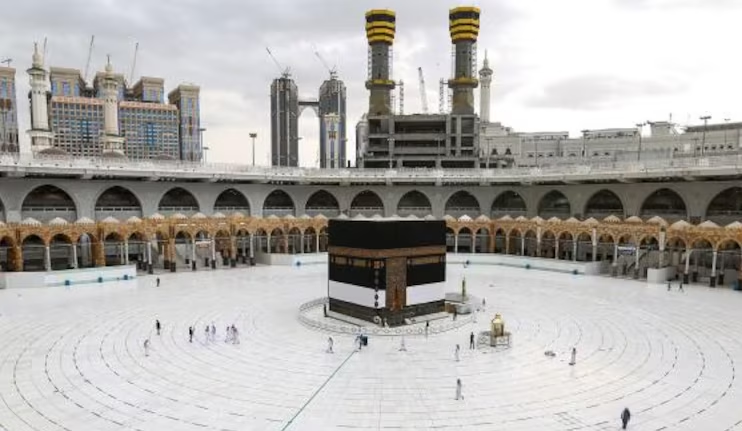Saudi Arabia Opens Mecca and Medina to Foreign Investors: What You Need to Know
In a significant policy shift, Saudi Arabia has announced that foreign investors can now invest in publicly traded companies owning real estate in the holy cities of Mecca and Medina. This move is part of the Kingdom’s broader strategy to diversify its economy and attract international capital.
Key Details of the Policy Change
- Investment Scope: Foreigners are permitted to invest in shares and convertible debt instruments of Saudi-listed companies that own property within the boundaries of Mecca and Medina. This includes both public and private real estate holdings.
- Ownership Limitations: To maintain control within national interests, foreign ownership is capped at 49% of a company’s listed shares. Additionally, strategic foreign investors are excluded from this investment opportunity.
- Regulatory Framework: The Saudi Capital Market Authority (CMA) has implemented these changes to stimulate investment, enhance the competitiveness of the capital market, and provide liquidity for ongoing and future development projects in these sacred cities.
Implications for the Real Estate Sector
This policy change is expected to have a substantial impact on the real estate market in Mecca and Medina. Companies with significant holdings in these cities are likely to see increased interest from international investors, potentially leading to higher property values and accelerated development projects.
Market Reaction
Following the announcement, the Saudi stock market experienced a positive response. Shares of real estate firms with substantial assets in Mecca and Medina saw notable increases. For instance, Jabal Omar Development Company and Makkah Construction and Development Company both reported a 10% rise in their stock prices.
Strategic Objectives
This initiative aligns with Saudi Arabia’s Vision 2030, which aims to diversify the economy and reduce reliance on oil revenues. By opening up the real estate sector in Mecca and Medina to foreign investment, the Kingdom seeks to enhance its capital market’s attractiveness and competitiveness on a global scale.
Potential Concerns
While the policy is seen as a step toward economic diversification, it has raised concerns among some groups. Certain individuals fear that increased foreign investment could lead to a loss of local control and influence in these historically significant cities. However, the government’s implementation of ownership caps and strategic investor exclusions aims to address these concerns.
Conclusion
Saudi Arabia’s decision to allow foreign investment in Mecca and Medina’s real estate market marks a pivotal moment in the Kingdom’s economic reform journey. By attracting international capital, Saudi Arabia aims to bolster its economy, enhance the development of its holy cities, and position itself as a competitive player in the global market. As this policy unfolds, it will be crucial to monitor its impact on both the local communities and the broader economic landscape.
Do follow gulf magazine on Instagram.
for more information click here
Gulf magazine



